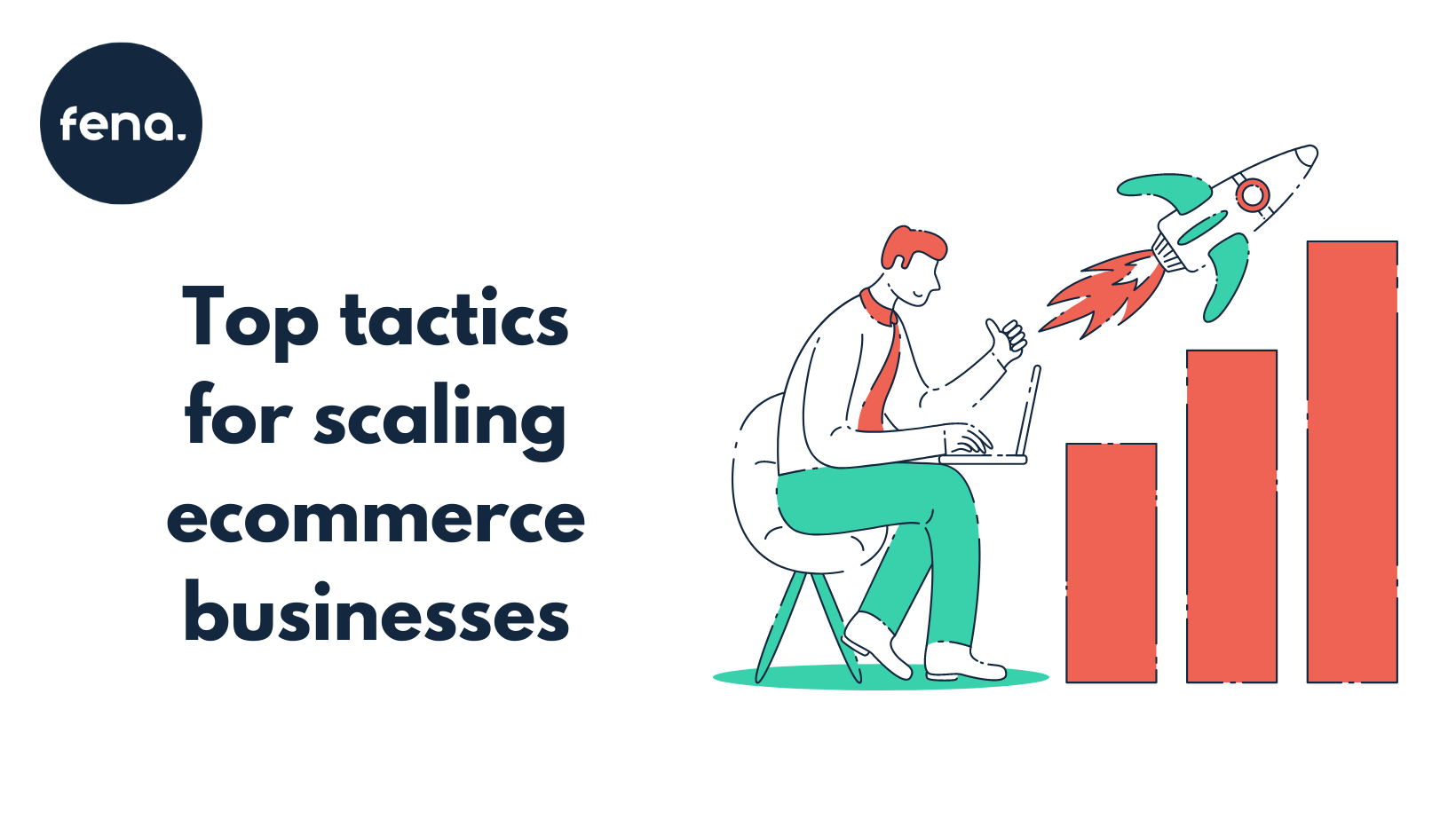Top tactics for scaling ecommerce businesses
by Gosia Furmanik on July 03, 2023

Scaling an ecommerce business requires strategic planning and seamless execution. Based on our experiences, here are a few key insights and lessons on what it takes to successfully scale up an ecommerce business.
Marketing tactics for growth:
Email Marketing: Email marketing has always been one of the best ways to increase ecommerce sales. It's an excellent way to engage with customers directly and keep them informed about the latest deals and offers. A sophisticated email marketing strategy that segments users based on their behaviour, preferences, and past purchases can drive both customer loyalty and repeat purchases.
Social Media Advertising: Social media platforms such as Facebook, Instagram, and TikTok have a huge user base, making them excellent channels to reach potential customers. Through targeted ad campaigns, you can reach a wider audience, drive website traffic, and boost sales.
SEO & Content Marketing: To ensure that potential customers find your business when they're searching for products you sell, a robust SEO strategy is vital. Similarly, a strong content marketing strategy helps to position your business as a trusted authority in your niche.
Retargeting Campaigns: These are essential to recapture visitors who've expressed interest in your products but didn't make a purchase. By leveraging cookies, you can show these potential customers targeted ads on other sites they visit, keeping your brand at the forefront of their minds.
Influencer Marketing: Partnering with influencers who have a substantial follower base can help promote your products to a wider audience. This form of marketing is highly effective due to the trust and rapport influencers have with their audience.
Pain points & obstacles:
Issues with Software: As the business grew, the demands on your ecommerce platform increased. You will start facing issues with load times, server downtimes, and lack of required functionalities. To overcome this, you will have to invest in more robust ecommerce solutions that were scalable and reliable. Choosing the right technology stack is essential for growth.
Supplier Issues: Scaling up means increasing inventory, and it can put a strain on your relationship with suppliers. We encountered issues such as delays in order fulfilment, quality issues, and sometimes even ran out of stock for popular items. It's essential to communicate your scaling plans with your suppliers in advance and possibly look for additional or backup suppliers.
Courier Challenges: An increase in orders led to complexities in logistics and shipping. We might face issues with delayed deliveries, lost packages, and higher shipping costs. Investing in a reliable courier service, or even multiple services to cover different regions, and a sound logistics system became crucial.
Scaling an ecommerce business comes with its own set of challenges. However, with a strong strategy and the ability to adapt to changes, these obstacles can be effectively managed.